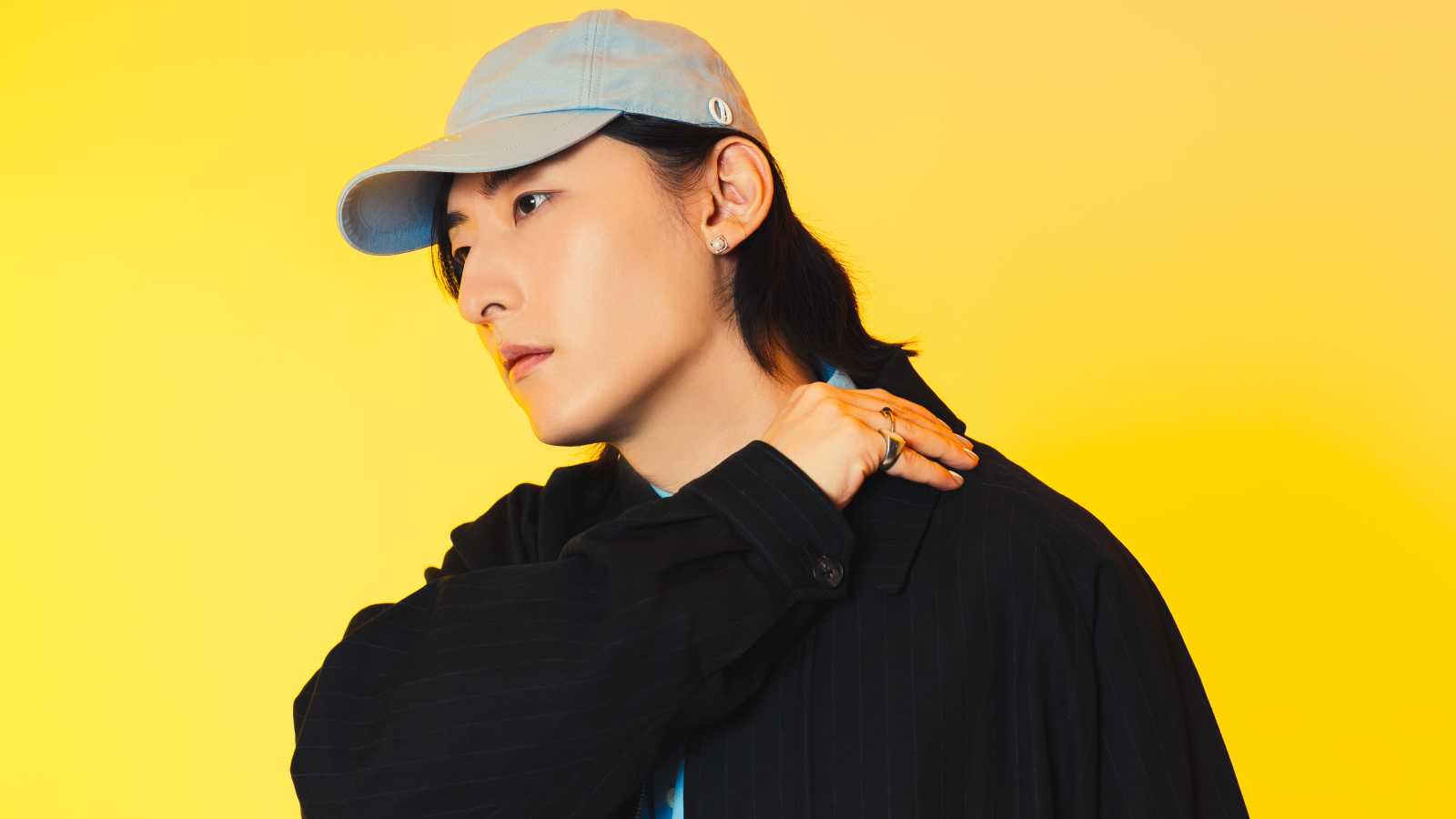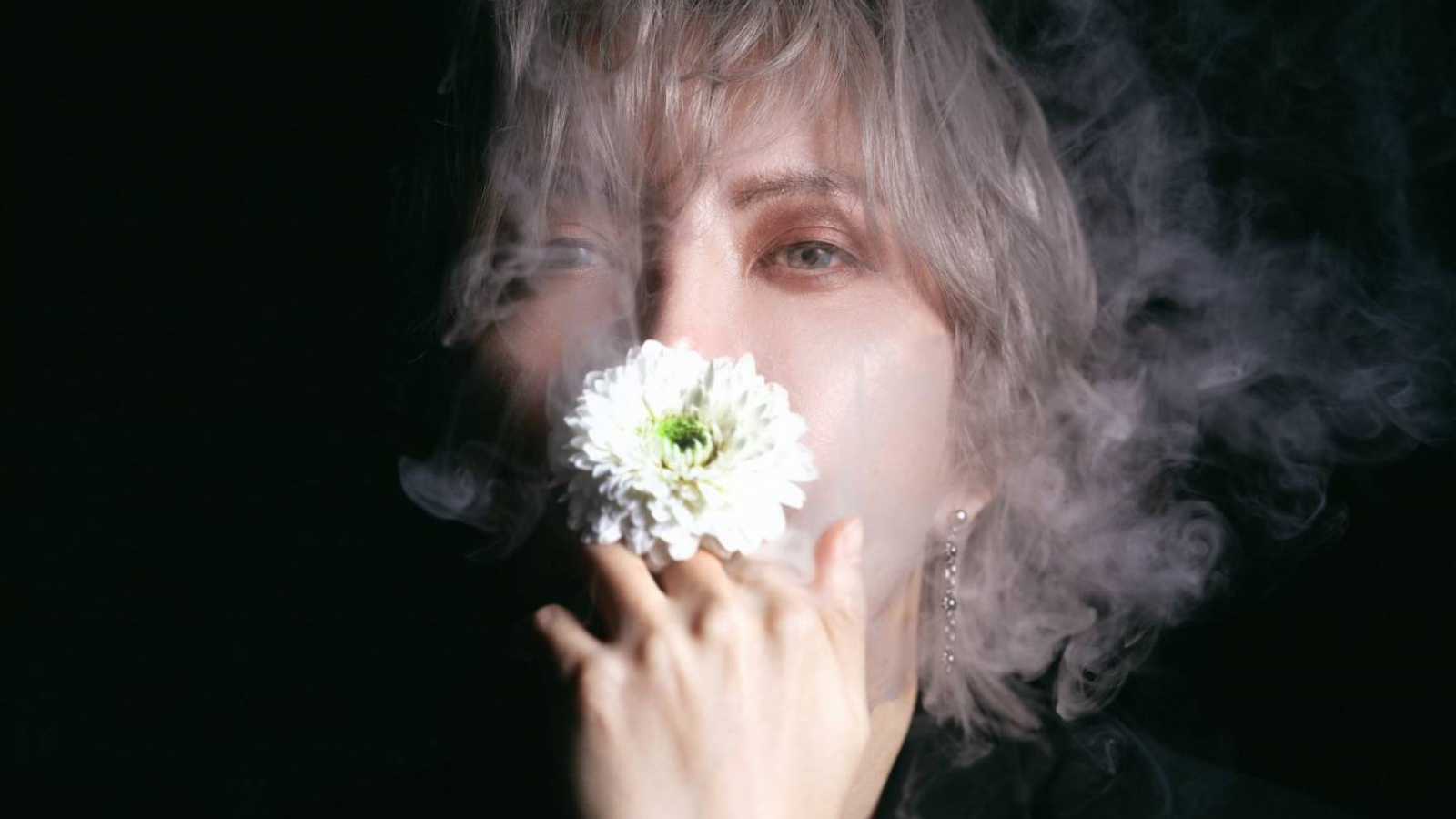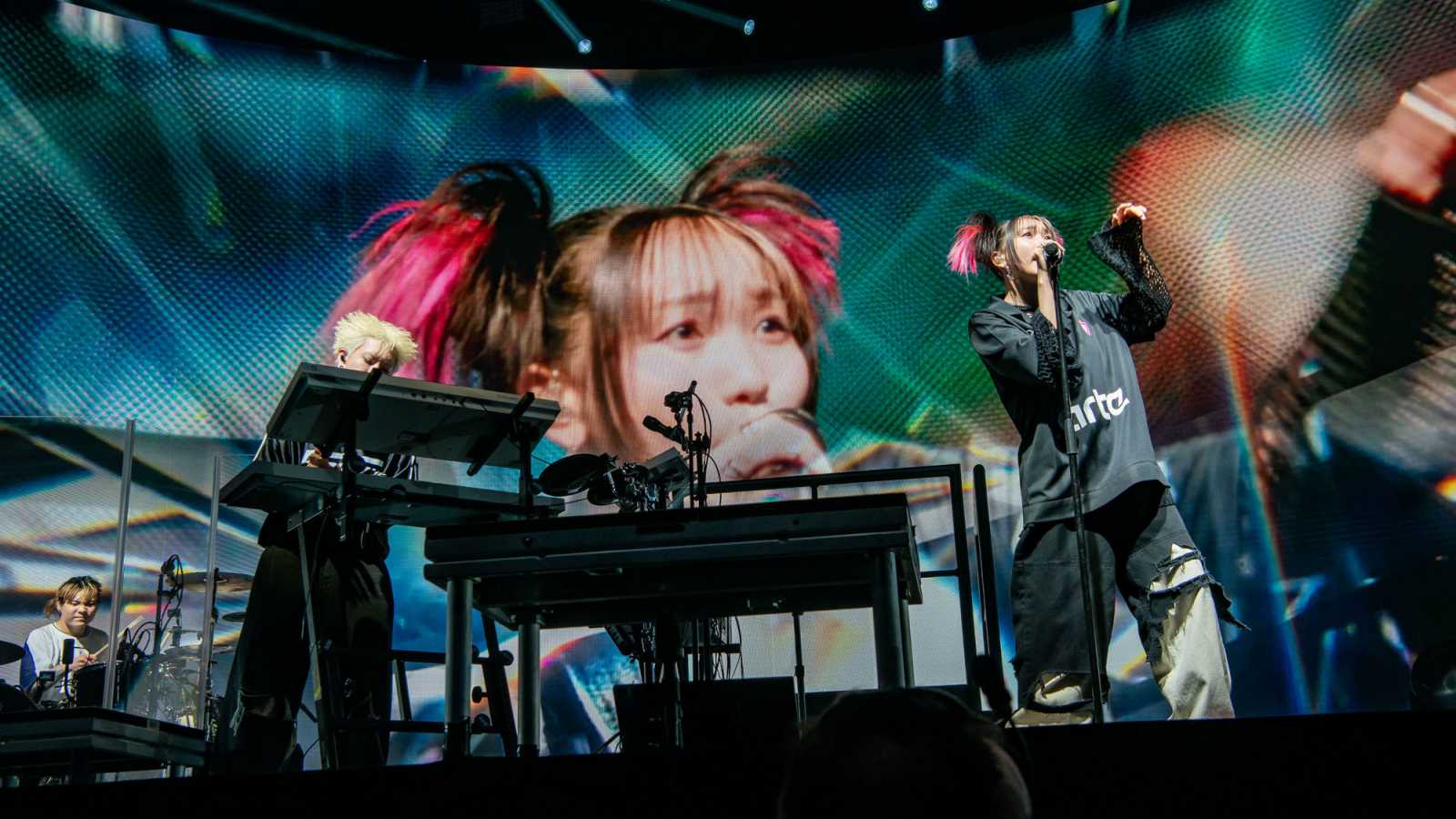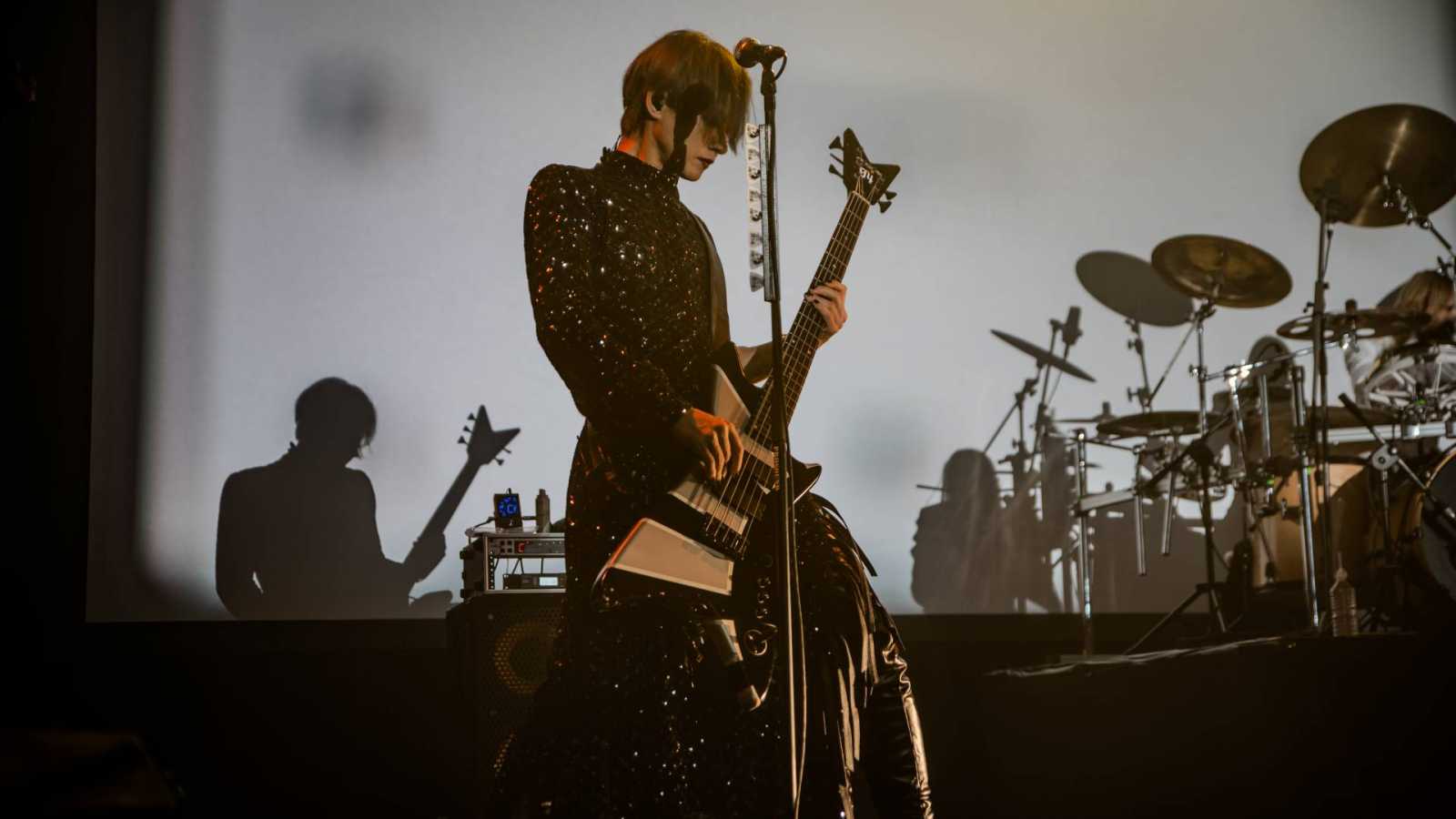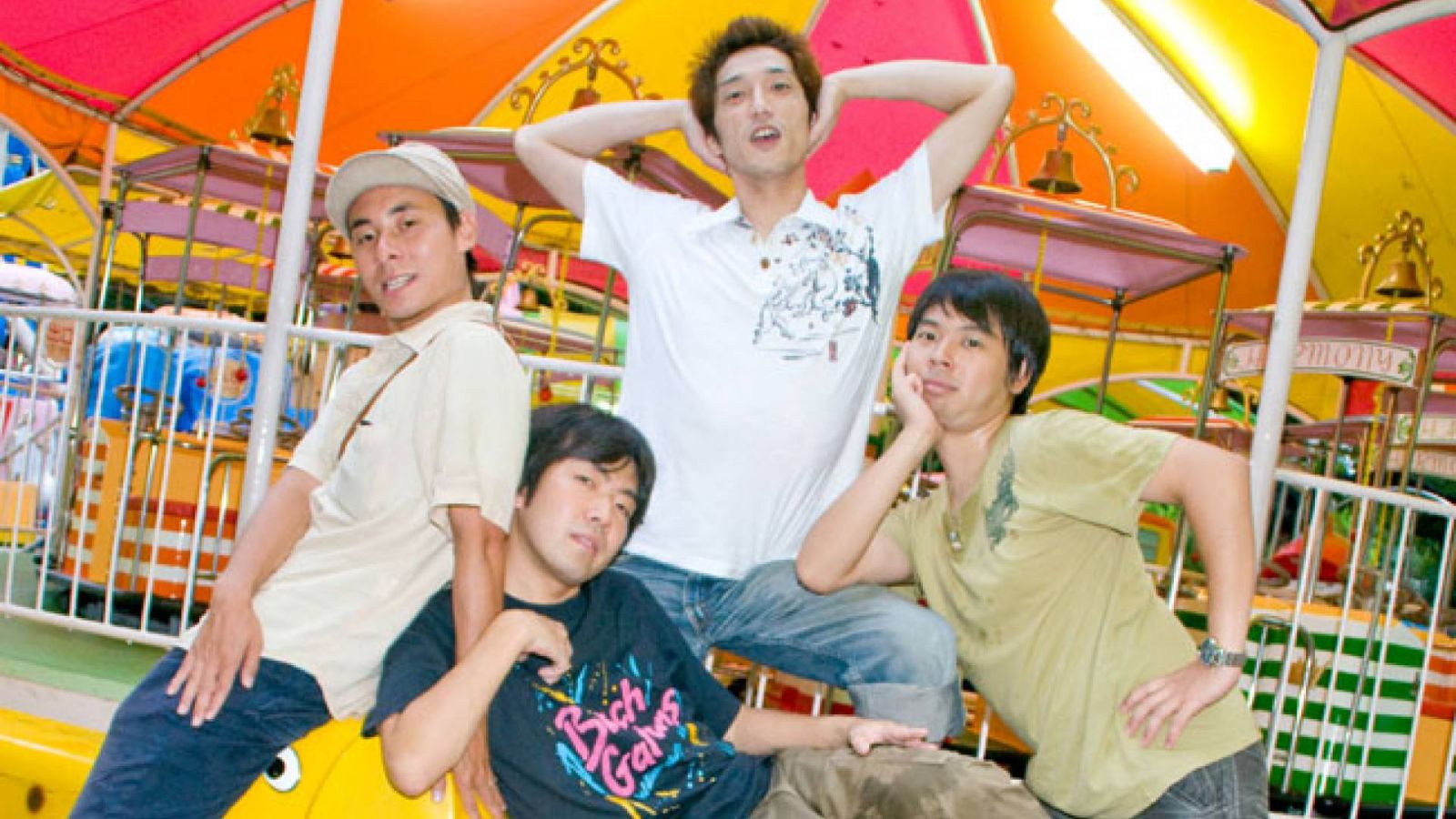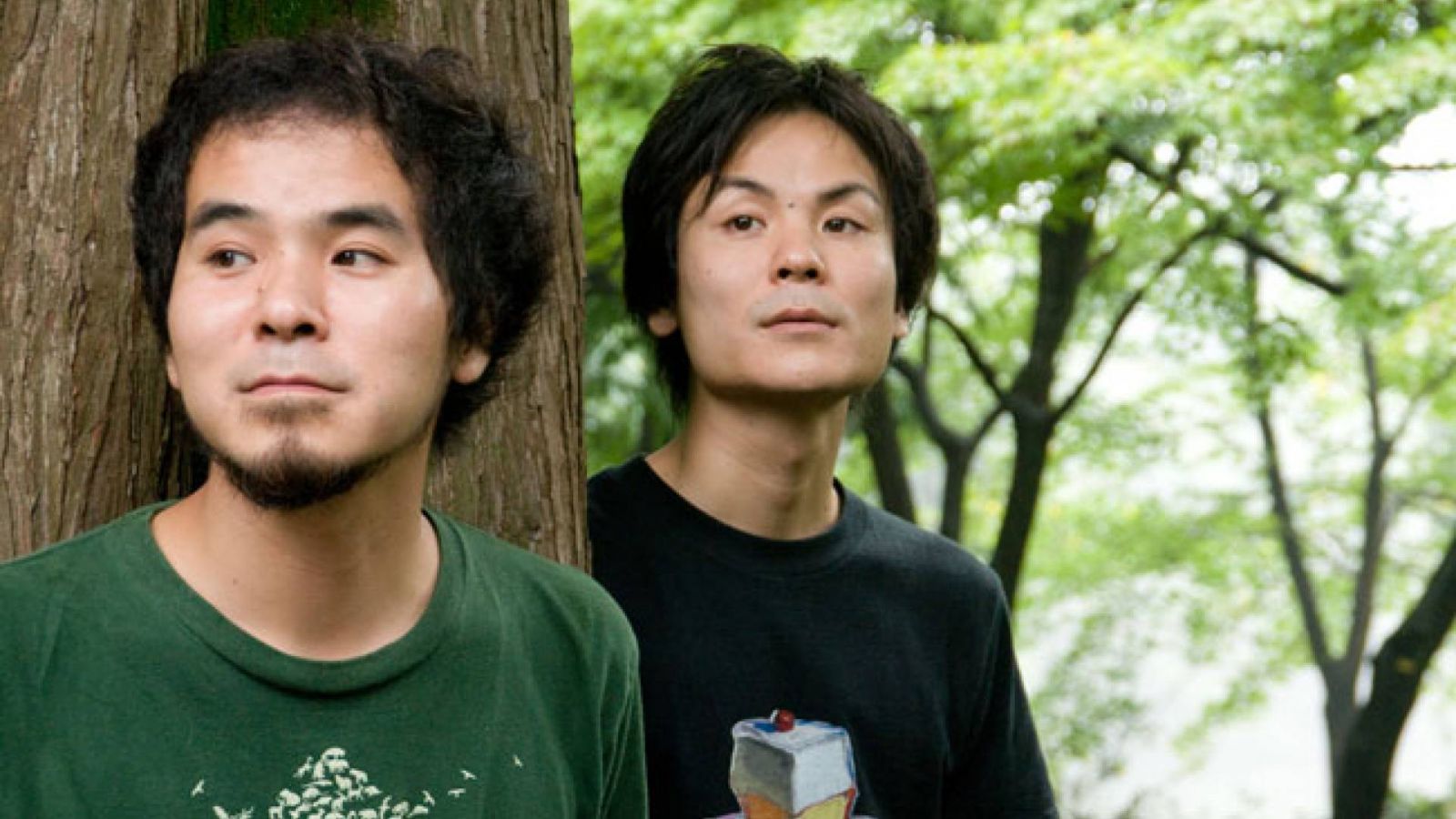The day after their concert in Nîmes, JaME had the opportunity to meet with the
Tsujimura brothers from the band
Kicell to ask a few questions.
First of all, hello and thanks so much for giving us this interview. We’ve been following your career for several years now and we are very excited by your coming to France. For a start, could you introduce yourselves to our readers who don’t know you yet?
Takefumi: Glad to meet you, we’re the band
Kicell, made from two brothers. I’m the oldest one. Our music is rather calm, soft. We attach importance to singing. Besides, our two voices are alike and go together perfectly in a harmonic way. Even if our lyrics are in Japanese, we’re trying to create melodies that can touch anyone. We’re both composing, and the most important is this synergy between us which most likely sets up apart from other bands who play the same kind of music.
Tomoharu: There is nonetheless a difference between what I compose and what
Takefumi does. Our respective voices also have some singularities. These light differences give an interesting counterpoint to our music.
How did you get drawn into music and what have you done before creating Kicell?
Takefumi: For my part, I’ve played in a metal band with schoolmates, in high school. I played the guitar, but I wasn’t singing yet. Then I created
Kicell with
Tomoharu in 1999.
Nevertheless metal is something totally different from what you’re doing now. How did this development happen?
Takefumi: I wanted to get into singing, but I realized that metal definitively wasn’t something that went well with my voice. Afterwards I borrowed a tape recorder from a friend, and then I started out by making a superposition of my voice while playing the guitar. When I wanted to do lives, I realized that the easiest way was to ask my brother, who was able to bring that second voice that I wanted. That’s how
Kicell was born.
Your music is usually full of melancholia or brings a certain kind of nostalgia for another place or time. Where do you get your inspiration from?
Takefumi: It’s true that nostalgia is an important motive for me, that I try to work on with both lyrics and tune. The texture of sound is also something I attach importance to. For example, I really like to record ambient sounds, with tape recorders. I get part of my inspiration from these tapes. Another part comes from my dreams or my childhood memories, from these vague feelings that I keep from another time and that make me feel good. I also take a lot from music I love, from my travels, the different places I go through. Finally, what makes this all work is that
Tomoharu and I share all these experiences. We went through the same landscapes and have the same memories.
How do you write your lyrics?
Takefumi: I switch off the lights to write. I’m not altogether in the dark, I have to see what I’m doing (laughs). Most of the time we compose the melody first, then I copy the demo in my walkman and I think about the lyrics, while I’m in the train, in the bus, or when I walk. Usually I can’t write in the morning, because there is too much movement or noise around me.
Tomoharu, you also play musical saw, which is not a very common instrument. What gave you the idea to include its sound in your compositions? Did you want to cause a particular feeling in the listeners?
Tomoharu: I just thought it would be interesting to play. Its sound is not very crisp, we can hear a kind of human voice in it. I feel that it mixes well with the music of
Kicell. What I really liked about this instrument is the way it’s handled doesn’t demand too much accuracy, nor a lot of practice (laughs). In Kansai, our childhood region, there are still a lot of people who play the musical saw.
Precisely, you were born and raised Kyôto, then you went to Tôkyô in 2000. What made you leave?
Takefumi: Most of the record companies are in Tôkyô. We’ve played for around two years in the Kansai region, in Kyôto or Ôsaka. Then we were invited by a major to come to Tôkyô. It was far and it would have cost us money to make round trips on and on, so we thought it would be best to move. There were other bands we played with in Kyôto, and we didn’t really feel like moving to the capital, but then, it was best for us to move there. It was also the opportunity to live alone.
In 2005 you were invited by Takashi Murakami to play in New York for the event Little Boy
. Did you know this artist before? How did you react to the idea of playing abroad?
Takefumi: One year before,
Takashi Murakami was presenting a radio broadcast in Tôkyô to which we were invited. That’s how we had the opportunity to meet him. We also played during one of his exhibitions, which was like a great party. Afterwards, we had this opportunity to follow him to New York. This concert was our first one abroad, and we were worried our lyrics would not be understood. We even thought about translating them and adding them to the program of the exposition, even though we’re not very good at English. But
Takashi Murakami told us it would be perfect that way, in Japanese. Finally the audience reaction was very good. It would have been interesting to sing in English, if we had had a little more faith in ourselves. But we realized the language that we used had to remain Japanese.
And to come back to your second question, I would say that the foreign audience has a much more lively response, compared to the Japanese one, which is more self-contained. We could tell they liked our music with the response we got even in the middle in a song, like a jazz band would get after a solo for example. We didn’t feel like we were doing anything special on scene, yet the reactions were very positive. We were very pleased by that.
You sometimes play with a third member on the keyboards, Emerson Kitamura. When did he join Kicell?
Takefumi: He came in 2003.
What did he bring to your music?
Takefumi :We went to see solo live events by
Emerson named
Emersolo. He was playing with an harmonium and some kind of old beatbox. I felt it was a very intimate kind of music and I found it incredible. I then felt the urge for us to play together.
Kicell sometimes plays as a duo, sometimes a trio, but I feel we give more sensitivity to our music when we are three. When we do a recording session in a studio, there are a lot of things we can’t pass on in a live when it’s just the two of us, and the possibilities are much larger when
Emerson is with us. He managed to blend in with this bond that can be felt between two brothers. There is still a great difference in age between
Emerson and us, which allows us to consider him like our uncle. He’s very precious to us.
Today you’ll be playing in the Lex festival in Nîmes. How did you get this opportunity ?
Takefumi: When we were playing during a show in Tôkyô with
Emerson,
Franck Stofer was in the hall. He was actually there to listen to another band that was also playing, but he must have been moved by our music because he sent us an e-mail later to invite us to play at the biennial.
What did you think about this offer back then?
Takefumi: It was the first time we heard about the Lex. We were very pleased to have this new opportunity to play abroad.
Tomoharu had already come to Paris one time before. He really loves Paris (laughs). Yes, we are pleased to have come to France.
What are your feelings about last night's show and the French audience?
Takefumi: At first I was really stressed. As we had to go last, so I thought everyone would be drunk and make a lot of fuss. But the audience listened to us in a very calm way and shared their reaction with us, but in a different way than in New York. Everyone listened carefully to me even when I spoke between songs. I really think French people are nice people (laughs).
Do you plan to come back soon to France or Europe ?
Takefumi: Yes it’s a project. Yesterday,
Frank Stofer told us we should do it again (laughs). We’re counting on this. We’d like to come back as soon as an opportunity arises.
Do you have any new goal you would like to accomplish in the future?
Takefumi: We’d like to keep doing concerts and music for a long time, both of us, till we are fifty years old or more. For now we’ve recorded five albums, and I think each release is better than the previous one. If we could keep doing this for a while, it would be great. I also would like one of our songs to become a hit so we would not have to worry about money (laughs). But I think this is a wish anyone can have (laughs).
JaME would like to warmly thank Franck Stofer, the manager of the label Sonore and also artistic manager of Lex, Antoine Chosson, the press agent of the Théâtre de Nîmes, Satoko Fujimoto, our translator, and of course Kicell.
